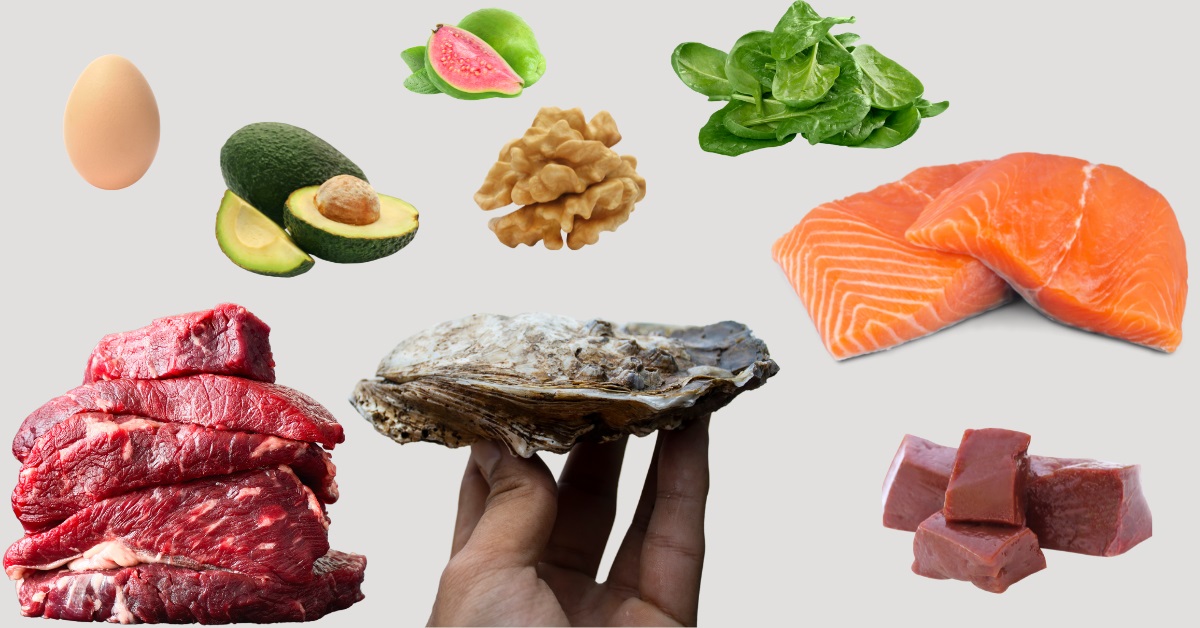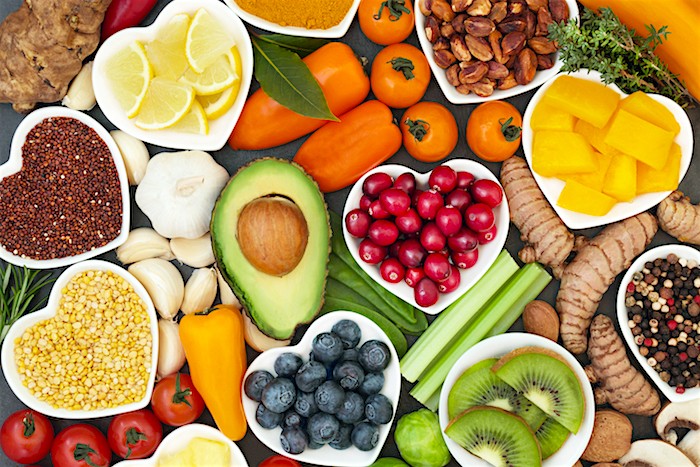Embarking on the journey to parenthood is an exciting and hopeful time, but it can also come with challenges. Many factors influence fertility, but diet is one area where significant positive changes can be made. Nutrient-dense foods, known as “anchors,” can support reproductive health and create an optimal environment for conception. Anchors – fertility foods are rich in vitamins, minerals, antioxidants, and healthy fats that contribute to hormonal balance, improve egg and sperm health, and support overall wellness. Let’s dive into some essential fertility foods that can enhance your journey to parenthood.
The Role of Anchors – Fertility Foods in Reproductive Health
Fertility is affected by several factors, including lifestyle, genetics, and nutrition. Among these, diet is one of the most impactful areas you can control. Anchors – fertility foods provide essential nutrients that strengthen reproductive health by supporting hormone balance, reducing inflammation, and improving cellular health. Incorporating these foods into your daily diet can positively impact both male and female fertility, making them valuable for couples trying to conceive.
Leafy Green Vegetables
Leafy greens such as spinach, kale, and Swiss chard are excellent sources of folate, iron, and other essential nutrients. Folate, in particular, is a B-vitamin that plays a critical role in cell division and DNA synthesis. For women, folate can help reduce the risk of birth defects, while for men, it supports sperm health. Additionally, leafy greens contain antioxidants that protect reproductive cells from oxidative stress, making them a must-have in a fertility-focused diet.
Fatty Fish
Fatty fish like salmon, sardines, and mackerel are rich in omega-3 fatty acids, making them a powerful addition to Anchors – fertility foods. Omega-3s help reduce inflammation, regulate hormones, and improve blood flow to reproductive organs. These fatty acids also enhance sperm quality and motility in men and support egg health in women. Consuming fatty fish two to three times a week can help provide these essential nutrients to both partners.

Whole Grains
Whole grains, such as quinoa, brown rice, and oats, offer fiber, B-vitamins, and complex carbohydrates. These nutrients are important for stabilizing blood sugar levels, balancing hormones, and supporting ovulation. Fiber-rich whole grains help the body eliminate excess estrogen, contributing to a balanced hormonal environment for conception. Including whole grains in your diet can help improve both female and male fertility.
Berries
Berries, including strawberries, blueberries, and raspberries, are packed with antioxidants that protect eggs and sperm from oxidative damage. Oxidative stress can harm reproductive cells, making it harder for conception to occur. The antioxidants in berries neutralize free radicals and support cellular health, making berries an essential part of a fertility-supportive diet for both partners.
Nuts and Seeds
Nuts and seeds, such as almonds, walnuts, flaxseeds, and chia seeds, are high in healthy fats, zinc, and vitamin E. These nutrients support hormone regulation, improve blood flow to reproductive organs, and enhance sperm and egg quality. Vitamin E, in particular, improves endometrial health, creating a more favorable environment for embryo implantation. Adding a variety of nuts and seeds to your diet can help support fertility naturally.
Avocados
Avocados are a fertility-boosting powerhouse, rich in monounsaturated fats, fiber, and vitamin E. These healthy fats aid hormone balance, support egg health, and improve the body’s absorption of key nutrients. Avocados also provide folate, an essential nutrient for both men and women trying to conceive. Including avocados in your diet can help create a nourishing environment for reproduction.
Lifestyle Tips to Complement Anchors – Fertility Foods
While eating Anchors – fertility foods is a great start, making additional lifestyle changes can further improve reproductive health. Managing stress, exercising regularly, and getting enough sleep all contribute to a balanced hormone profile and healthier reproductive system. Avoiding processed foods and sugary snacks can also have a positive impact on fertility.
Conclusion
Adding Anchors – fertility foods such as leafy greens, fatty fish, whole grains, berries, nuts, and avocados to your diet can provide the nutrients necessary to support reproductive health. By incorporating these foods into your daily routine, you are nurturing your body and creating a healthy foundation for conception. Alongside a balanced lifestyle, these fertility-enhancing foods can help you on your journey to parenthood, bringing you one step closer to realizing your dreams.








